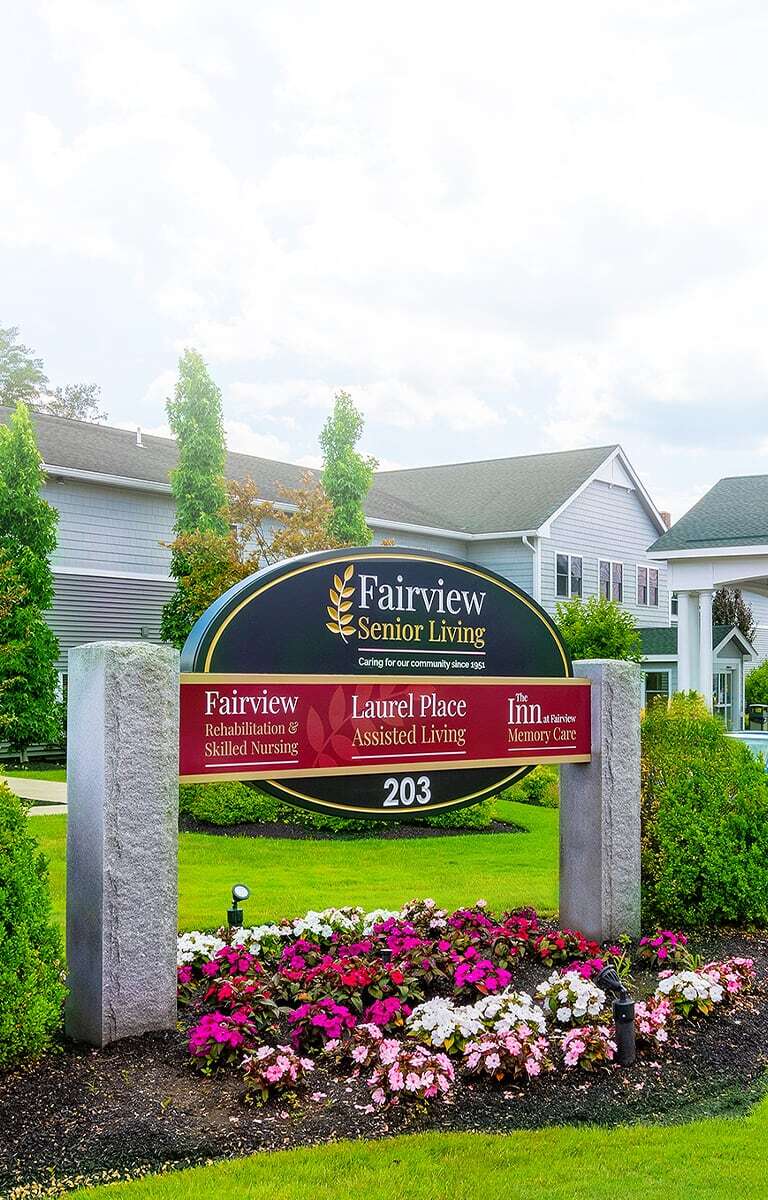If your loved one has a memory-related condition, like Alzheimer’s or dementia, it’s critical to understand the different types of care available. Memory care and dementia care can share many features, but there are important differences between them. Knowing those differences can help you choose the best possible option for your loved one.
Memory care is structured to accommodate people whose memory difficulties affect their everyday lives, while dementia care involves a wider range of services. Fairview Senior Living is fully equipped to provide memory care and dementia care to residents who need it.
What Is Memory Care?
Memory care is a form of residential long-term care that provides intensive, specialized care for people with memory & cognitive issues. People who receive memory care live in dedicated memory care communities, or sometimes in memory care “neighborhoods” within larger assisted living communities.
Round-the-Clock Care
People living in memory care communities receive closer attention from caregivers than those in other forms of assisted living. Caregivers check on memory care residents frequently, ensuring they get to meals and take any necessary medications. They also receive special training in how to deal with the potential side effects of dementia, such as confusion and aggression. Memory care communities also schedule activities that help improve residents’ cognitive function.
Safety & Security
Memory care communities are more secure than other assisted living communities, in order to prevent their residents from wandering and getting into potentially dangerous situations. They may have alarmed doors, or require special key codes to enter or leave. Some memory care communities provide their residents with tracking bracelets, so their residents can explore the area while enabling the caregivers to keep them safe.

What Is Dementia Care?
Dementia care is a larger group of care approaches, which can (but doesn’t always) include memory care. Not everyone who receives dementia care lives in a dedicated dementia-care community.
Sometimes, dementia care involves lifestyle changes, like adjusting your loved one’s diet and finding opportunities to socialize more often. Exercise can play a big part in helping to slow the progress of dementia. Family members can also adjust how they interact with their loved one as the effects of dementia progress. Some adjustments that might be helpful include:
- Making eye contact and calling your loved one by name.
- Keeping a warm, friendly demeanor, and using a calm tone of voice.
- Encouraging two-way communication by asking questions and keeping your loved one involved in decisions.
- Paying attention to your loved one’s non-verbal communication. People with dementia may have trouble finding words to express themselves.
- Making friendly physical contact, like placing your hand on theirs.
- Allowing your loved one to take breaks from communicating by providing distractions.
Certain types of therapy can also help, such as music therapy or animal-assisted therapy.
Equine Touch Therapy
Memory care residents at The Inn at Fairview visit the equine touch therapy program at the Strongwater Farm Therapeutic Equestrian Center. This program provides the benefits of animal-assisted therapy, like improved heart rate. Horses are also very sensitive to human emotions, which can help people be aware of and respond to their own feelings, leading to improvements in emotional health.
Additional Benefits of Equine Touch Therapy:
- Reduction in Stress and Anxiety: Interacting with horses has been shown to reduce stress and anxiety levels, promoting a sense of calm and relaxation. This can be particularly beneficial for individuals with dementia who may experience heightened levels of anxiety.
- Enhanced Physical Activity: Activities such as grooming and walking with horses encourage physical movement, which is essential for maintaining overall health and mobility. This can help improve coordination, balance, and muscle strength.
- Boosted Social Interaction: Equine therapy sessions often involve group activities, fostering social interaction and reducing feelings of isolation. This can enhance the social well-being of individuals with dementia.
- Stimulation of Memory and Cognitive Function: The sensory experience of interacting with horses can stimulate memory recall and cognitive function. Patients may remember past experiences with horses, which can help trigger long-term memories and improve cognitive engagement.
- Improvement in Mood: The nonjudgmental presence of horses and the joy of interacting with them can lead to improved mood and a decrease in symptoms of depression.
By integrating equine touch therapy into dementia care, The Inn at Fairview provides a comprehensive approach that addresses both the physical and emotional needs of residents, enhancing their overall quality of life with this unique experience.
Should I Choose Memory Care or Dementia Care for My Loved One?
Although memory care is a form of dementia care, not everyone who needs dementia care will need the same level of attention as those who need memory care. Every person’s situation is different, and there’s no one-size-fits-all answer.If you feel like it might be time to investigate senior care for your loved one, Fairview Senior Living will be happy to help you find the information you need. Contact us today to learn more!




